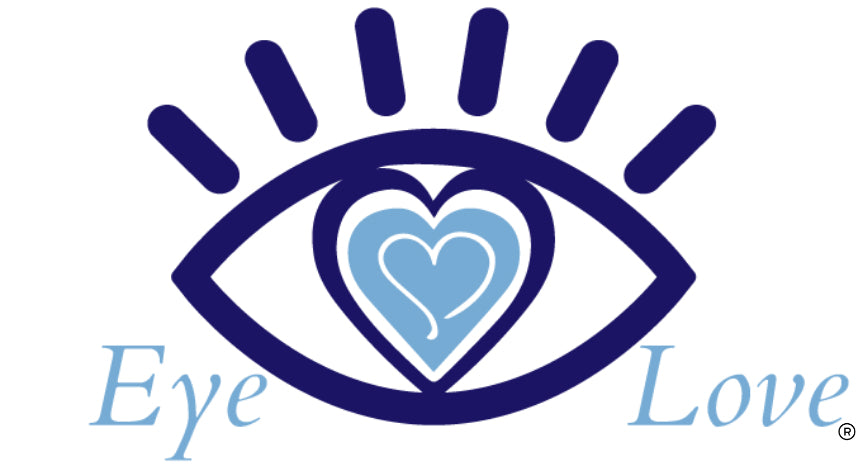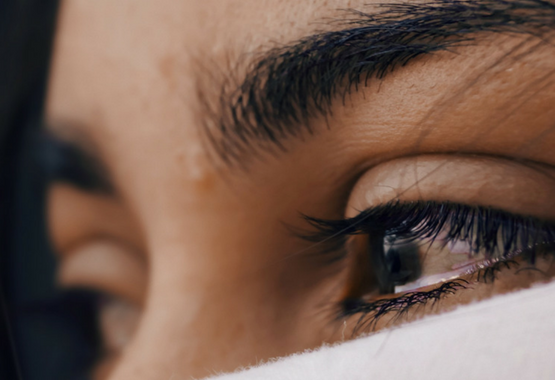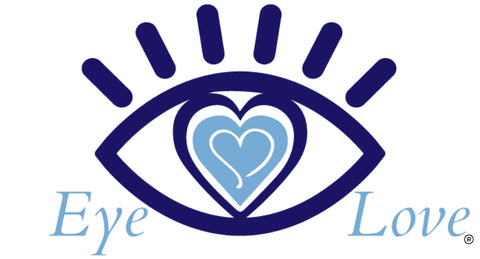I want to cancel the subscription and you refuse to!
These are excellent for getting rid of crusty eyelids and removing any residual mascara. I split one in half and use half in the morning and the other half at night.
I am so happy with the lash cleaner. My eyes feel much beter than the previous foam stuff my eye doctor started me on. I just started the vitamins. All I can say is that I think they are helping but it's early. I will be reordering these
Can’t do without these pills. They help so much!
LOVE Heyedrate Foaming Tea Tree Face Wash and Eyelid Cleanser! It doesn't dry out my skin, it eliminates acne, and makes my skin feel and look great! ONLY request I have is to be more environmentally friendly and sell the product in bigger bottles to use less waste...please! I would make a refill station in my town if you needed one! LOVE the product, just not the packaging. Thank you!
I haven't used any other face wash since I found this one
Like to have it and sometimes more is better!
Bring back the bar soap PLEASE!!!! It works SO well for dry eye AND rosacea. If you want to make more profit, sell it in a smaller size or charge more per bar! It was the best product for folks like me suffering from dry eye, rosacea and I had a friend who had a sty and she said it was a “miracle soap”. Soap bars are also great for travel. Thank you!
I love the Heyedrate cleanser. I have been using it for a few years and it is gentle and effective for my lash extensions. Great product.
This product completely eliminated my need for eye drops. I use it every morning as part of my skin care. My only suggestion is to put it in a plastic bottle, as my last bottle arrived broken. But the good news is they very promptly sent me a replacement!
Before I stumbled onto this product, my eyelids periodically would swell, obviously there was a problem. An eyelid specialist prescribed oral antibiotics and an eye lid lift. She was, after-all, a surgeon. I kept searching until I found this product . Bingo! I use this AM and PM, and no more swollen eyelids.
I've used Hydrate Lid & Lash cleaner for years with good results. My only concern is with the website since ivy has a number of bottles pile up in my drawers and now want to stop the auto ship until I get most of them used up. I can't figure out how to stop the order. But the product is great.
I miss the bar soap and hope you bring it back.i love your products. They work.
Heyedrate® Lid & Lash Cleanser 1 oz (1-Month Supply)
The mask heats up quickly and sits comfortably on the eyes. Great relief.
I’ve taken these vitamins for years, my eye doctor always gives me good reports at my eye exams. That is why I continue to reorder.
Love this product. Very soothing.
I was having recurring styes and since using this 2 times daily, they seem to have subsided.
I really like this mask. I had used another for quite some time and it worked pretty well, but was not easy to clean. Yours works well and is easy to clean.
Works great but have to follow with eye massage and then wiping and drops. A process but it does help. Doing this daily or twice a day.
Great for face and eyes especially or dry eyes 👀
I depend on Lid and Lash cleanser to keep my eye lids clean and free from infection. I use it every night and my lids and lashes are doing well!
My opthalmologist recommended these wipes for my dry eye condition. I have been using the warm compress followed by the Medeviz Eyelid Wipes nightly and have seen great improvement to my condition.
I've used the product for years and it works great. Eye Love's site is easy to navigate and the service is great.






